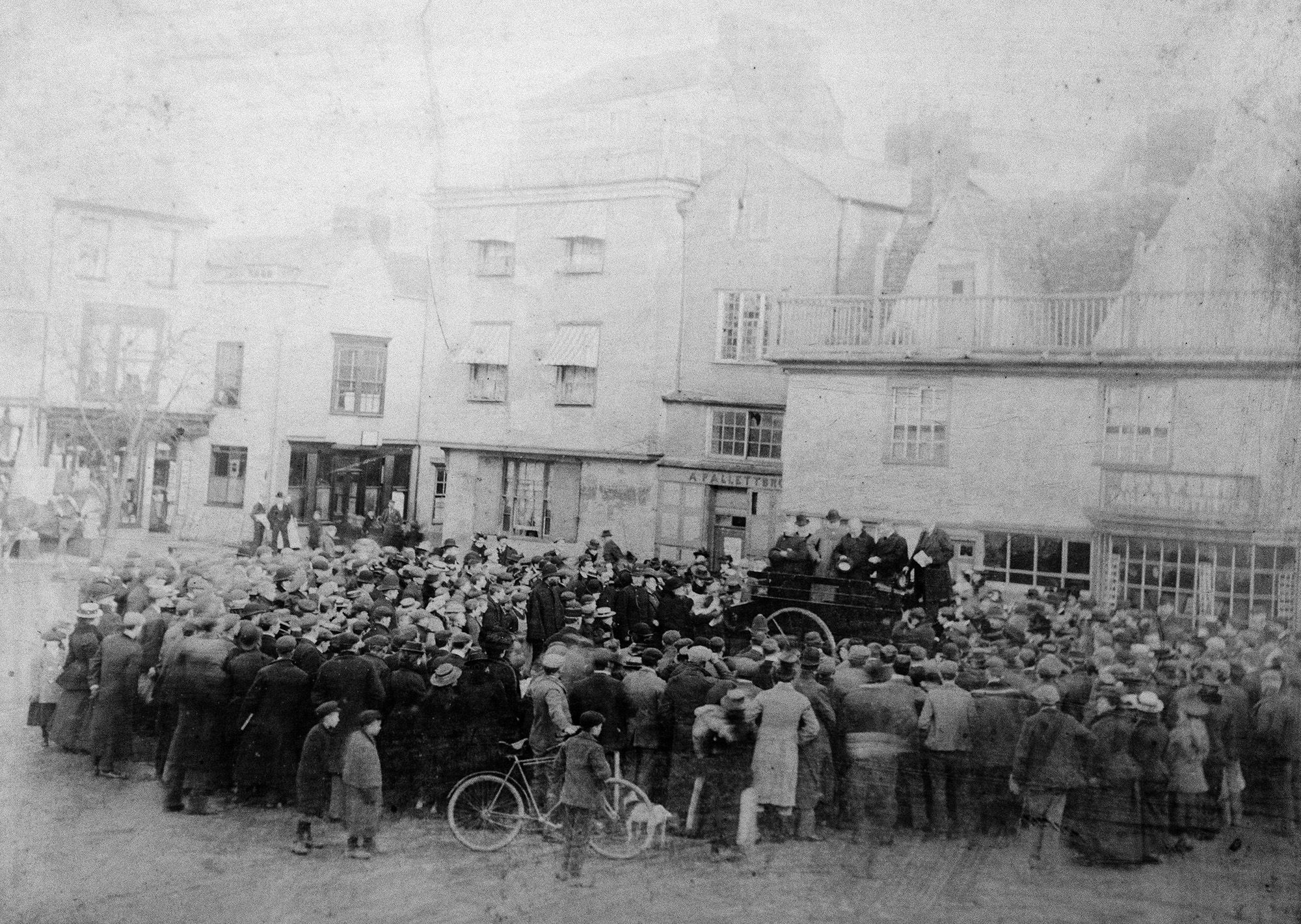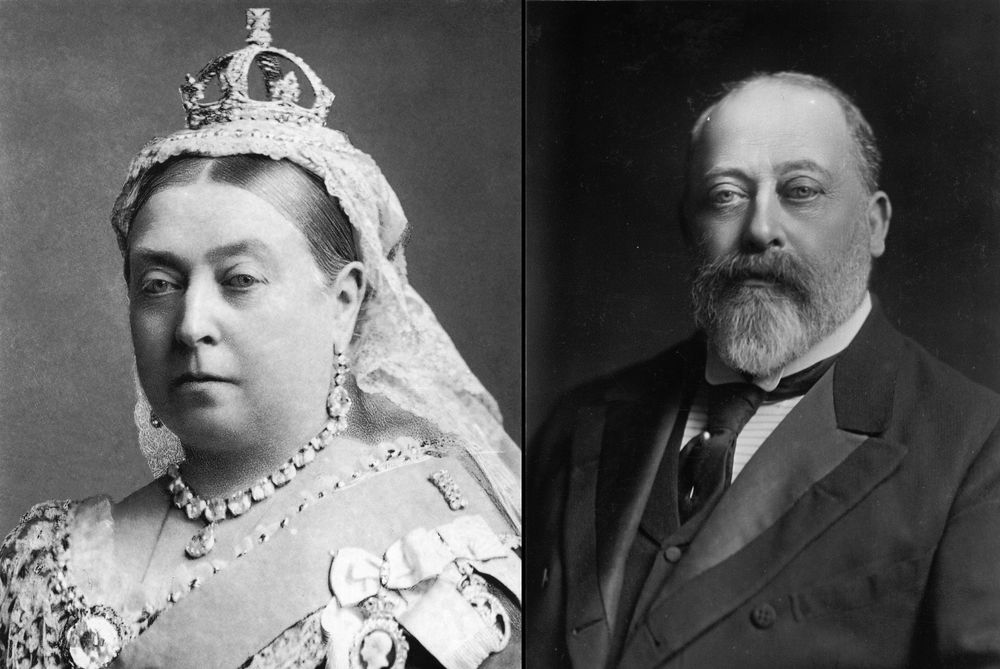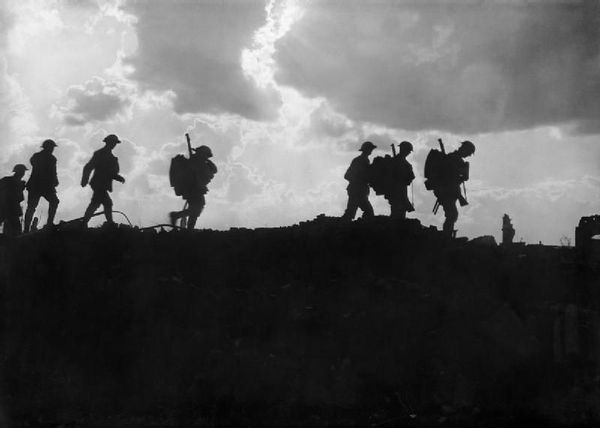From Queen to King
Whilst looking through old editions of local newspapers to compare the recent proclamation of King Charles III with those of his predecessors, I came across the following piece from 1901. It talks about the impact of changing from the long reign of Queen Victoria to that of King Edward VII, and is surprising how similar it seems to be to public feeling at the moment as we transition from the second Elizabethan age into the new Carolean age.

Taken from the Bicester Herald, Friday 1st February 1901:
It is a great wrench to all of us to have to get - without warning, as it were - out of the Victorian Era into the time of the latest Edward of England.
We have known no other letters of regal magic than the familiar initials “V.R. The oldest living subjects of our new Sovereign were too young in the early years of last century, for “George Rex,” or even “William Rex” to have ever meant much to them. The bulk of us were born and have grown up under the Sovereign we are mourning, and we are taking awkwardly to the royal cypher which supersedes hers. The new order of things will assume the aspect of propriety in due course; but meanwhile “E.R.” - with all reverence to his Majesty - does not look right to the British eye.
For all that, we must, in this world of mutation, accept the inevitable and accustom ourselves as best we may to the transformation necessitated by the completion of a reign of unexampled length and brilliance. Somewhere always the sun was glinting and glowing on the “V.R.” which stood as a sign of the puissance of Britain's great and gentle Queen Victoria. The life-giving beams of the planetary ruler of the day will light henceforth on letters indicating the Sovereignty of her son and successor, the Seventh Edward.
The “V.R.” has been an olden charm to us, the “E.R.” has yet to imprint itself on our hearts. In time it will, we doubt not, do so; but we miss the Victorian mark sadly, and start almost at the sight of that of King Edward. For the change involved is a very extensive one; in the Liturgy of the Church as by law established almost a hundred corrections have been required. We have to put King for Queen everywhere; a man replaces a woman.
The Prince of Wales - pro tempore, at any rate - has gone out of British life, and the Princess also. Happily, their engaging personality remains with us in the shape of King Edward and Queen Alexandra; in their case only the title is magnified.
We have a new couple, as far as name goes, in the forefront of the nation's life, “George, Duke of Cornwall and York, and the Duchess of Cornwall and York,” to quote the Prayer Book. We know well enough who they are and why they are so designated; but they come to us in strangely unfamiliar guise. Heaven sparing them, these twain may yet be Prince and Princess of Wales by the kingly will and with the popular approval; but the time is not yet.
Only one old set of often used regality-indicating initial characters does the old duty - “H.M.S.” in application to the Navy; if we accept the less welcome “O.H.M.S.” on writs, tax-payers, and other legal documents.
“V.R.” is no more and the Royal warrant holders all have had to come cap in hand to “Edward Rex.” This marks other embarrassing alterations. What was the Queen’s is now the King’s. The envied position of Queen’s Counsel learned in the law as affected by her late Majesty's death, caused considerable confusion, and now “Q.C.” has been supplanted by “K.C.” Happily, we have not all business with the limbs of the law, or the Court of King’s Bench, and are not in frequent communication with his Majesty's Government on weighty matters of State, lest, at all events, the bronze, silver, and gold coins of Edward VII will have something more than a merely emblematic interest for everyone.
New stamps, too, like the coins, will carry our new ruler’s superscription and lineaments far over oceans and continents; affecting dwellers within the frozen north, in far off Fiji, or equatorial Africa, no less than they will affect even the cheerful liver at home in England himself.
Royal upholsterers, too, will be busily employed for many months; the new Royal initials must replace the old on chairs and hangings; and the King’s saloon carriages on the railways of the Kingdom must be re-upholstered, as well as the ordinary and State vehicles in which he travels over the King’s highways.
And, worst of all, there will be no Queen’s English in the future; the King’s English will be the standard. No British subjects abroad, who want everything and anything changed, from the constitution of the country to a postal order, will, as has been pointed out, apply to the Queen’s Counsel, but to the Counsel of his Britannic Majesty King Edward the Seventh.
We may catch ourselves sighing for the “V.R.” sometimes, but it can never come back to us. So let me say, in chastened but unfaltering loyalty, “Long live the King.”



